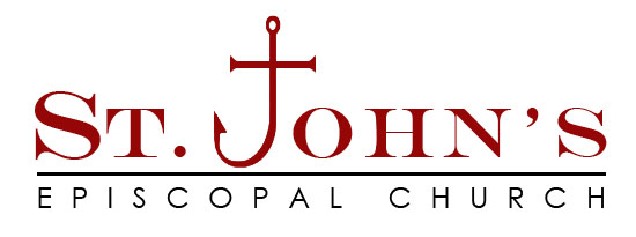Forgiveness is Hard
For a second Sunday we get some very challenging words from Jesus on forgiveness. This comes as part of a larger arc of Jesus’ teaching that will lead us next week to the promise that Jesus not only promises us forgiveness (beyond what is humanly possible) but rewards us with grace beyond comprehension.
Sunday’s Gospel is the parable of the servant who was forgiven a vast sum, but refused to forgive another even a pittance. The master who forgave him then rescinded the forgiveness, sold off his family and threw him in jail, leaving both him and his family far worse off than before he experienced forgiveness. Click here to read it. At least one major point seems to be that unless we forgive others, we, too, will lose our forgiveness. This connection between our forgiving of others and our own experience of forgiveness even makes it into the Lord’s Prayer: “Forgive us our trespasses as we forgive those who trespass against us” (my emphasis). Challenging words.
In the end, I do not believe that God’s forgiveness of us will be limited by our forgiveness of others – if so, what hope would there be? But I believe that Jesus is reminding us that when we refuse to forgive, we remain bound up in the wrong and will miss the freedom of His forgiveness.
We were discussing this at my clergy Bible Study and we all find forgiveness a very difficult subject to preach and teach well on. There are at least two major reasons.
First, most people think that “forgiving” is about how we feel toward the person. We let our feelings be the gauge of whether or not we have forgiven, and we also feel an obligation to carry on as though there has not been a break in the relationship or we have not truly forgiven. Both of these assumptions are wrong.
Forgiveness is not about feelings at all. I can forgive someone and still be angry, and still choose not to get entangled with them again. Forgiveness means my hands are off their throat. Forgiveness means I can leave them to God, no longer carrying the need to see them harmed. Forgiveness allows me to move forward and not remain trapped in some past hurt. Forgiveness does not always mean that the relationship is restored or that I feel “warm and fuzzy” about the person.
Second, forgiveness is highly contextual. Forgiving a spouse who abuses you or your children is a very different thing than forgiving your friend for hurtful words spoken in a bad moment. In the latter cases, forgiveness probably does mean restoring the relationship, and, indeed, the relationship may be even stronger for the experience. In the former, sadly, restoring the relationship may only harm everyone involved and the appropriate course is to end the relationship. Knowing which path is the right one can be difficult and there is no perfect formula.
But regardless of the context or our feelings, the Scripture is clear about our obligation to forgive. How are we to do that? The “small” things may be relatively easy, but the big relationship killers are not. In a way, it is like the proverbial “how do you eat an elephant?” One bite at a time. Just take a small step today. More on Sunday!
Is there a step of forgiveness you need to take today? Perhaps someone from whom you need to seek forgiveness? To take that step, I encourage you to pray earnestly the Collect for Sunday, which is included below and begins, “O God, because without you we are not able to please you…”
Collect for the Fifteenth Sunday after Pentecost
O God, because without you we are not able to please you, mercifully grant that your Holy Spirit may in all things direct and rule our hearts; through Jesus Christ our Lord, who lives and reigns with you and the Holy Spirit, one God, now and for ever. Amen.
The column appeared in the September 13 edition of St. John’s eNews. Click here for the complete edition.
If you are reading this at a different time, you may click here for the current eNews.
